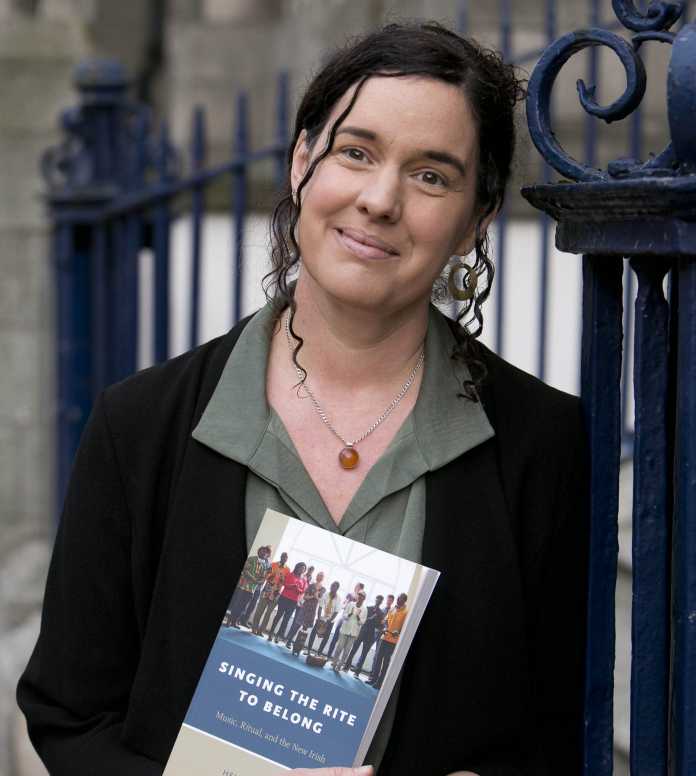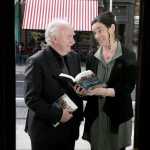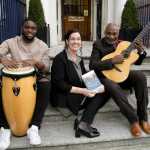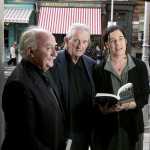
‘SINGING the Rite to Belong’ is a new book by the University of Limerick’s Professor Helen Phelan and it looks at the role that music and singing has played in helping integrate new cultures into Irish life.
Based on almost two decades of research by Professor Phelan of the Irish World Academy at the University of Limerick, it is set against the backdrop of “the new Ireland” of the late twentieth and early twenty-first centuries.
Charting Ireland’s growing multiculturalism, changing patterns of migration, the diminishing influence of Catholicism, and synergies between local and global forms of cultural expression, it explores rights and rites of belonging in a changing cultural and political landscape. The book examines how music and singing has been a means to sustainable social integration with new migrant communities into Ireland.
Professor Phelan has worked with the migrant communities in Limerick and has fostered ties between the University of Limerick and members of these communities via the Sanctuary Project, a UL-funded initiative which has facilitated access to education for the asylum-seeking communities.
Richly autobiographical, it examines a range of religious, educational, civic, and community-based rituals. Prof Phelan peels back the psychological, emotional and cultural layers of singing to investigate how it functions and, in doing so, offers a persuasive argument for ritually-framed singing as a potent tool in the creation of inclusive communities of belonging.
Published by Oxford University Press, the book was launched at the Royal Irish Academy Dublin by Declan Kiberd, Professor of Irish Studies and Professor of English and Irish Language and Literature at the University of Notre Dame.
He said that the “scholarly yet deeply inspirational book outlines how even as listeners, we feel included and uplifted and how moments of solidarity in all cultures, are structured around singing”












